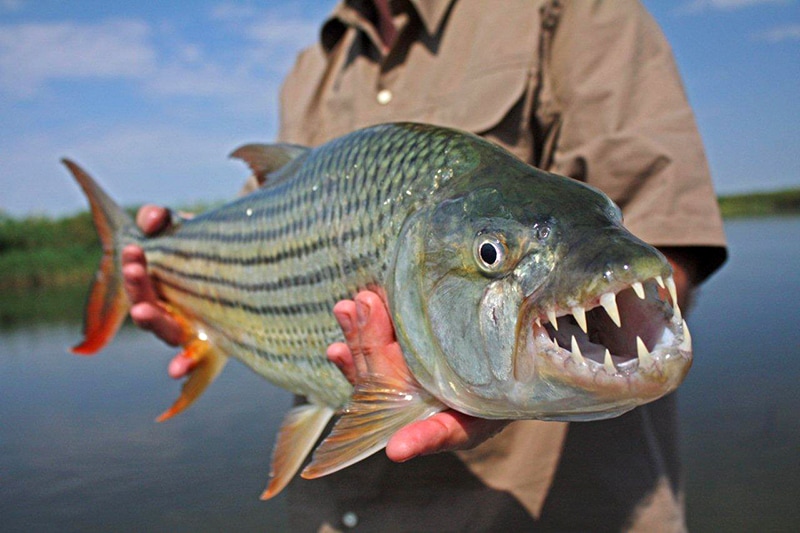 I am a member of the Balanda tribe. In the village of Bazia where I grew up, about fifty miles south of Wau, a story is told about repeated attempts by Dinka tribespeople to sell fish to our people in the marketplace. Now we Fertit (a name for non-Dinka tribes, including the Balanda), who live in this area like fish as much as anyone else and would have been happy to purchase these very fresh fish which had just been caught in the local river , but we had a one objection. You see, the river from which the fish were taken was a river that ran through our village where we Fertit lived. This was OUR RIVER. It was NOT Dinka territory. In essence, the Dinka were trying to sell us our own fish.
And we objected. I tell this story because it illustrates for me the underlying problem of our new Republic: most of the government leadership is in the hands of the largest ethnic group (or tribe) which compromises about 40% of the present population. These are the Dinka. That means that if the the remaining 63 tribes (60% of the population) united, they would become the majority. Yet daily headlines from South Sudan make it very clear that on a good day for the Fertit, their rights are ignored; on a bad day, their men are killed by Dinka government officials or the military with impunity, their women are raped, and their property destroyed. As the group in power, they have delayed scheduled elections and maintained their control by labeling all non-Dinkas as rebels. Who are these leaders in Juba who are running roughshod over the majority of the citizens they are supposed to serve? Why do they believe they have a right to do this? What can the citizens of South Sudan do to stop this? Who will protect us from annihilation? As a nation, South Sudan has been on a human rights watch for some time; what good is that doing us? I am not living in my homeland presently, but I belong to many South Sudanese diaspora community organizations, including Western Bahr el Ghazal and the Balanda Community USA, In these groups, in the social media, and in letters to my state Senators and Representatives, I raise my voice to JMEC, IGAD, UNMISS, and God. Please help us before we are annihilated.
1 Comment
The Sudd is a great swamp in South Sudan through which part of the river Nile passes. Pronounced like the English word sad, the name in Arabic means barrier which is fitting because any boat navigating this broad wetland is slowed by the dense vegetation. Some rafts of vegetation are so large that they persist from year to year as floating islands where people can build a hut and live. Full of fish, the Sudd is home to much wildlife, and as it spreads out seasonally, expanding from 30,000 square miles to 130,000 square miles, it floods vast areas which will eventually dry to become rich farmland.
But prior to the independence of South Sudan, the Sudd was endangered. Egypt, far to the north, made a deal with the Khartoum government called the Jonglei diversion canal. Huge machines moved into the swamp. Their purpose? To dredge a wide canal through the middle and thus allow water to move swiftly upstream to irrigate and enrich Egyptian agriculture. In ten years, South Sudanese farmland would have become as arid as the fringes of the Sahara. The hippos, elephants, antelope, giraffe, and other wildlife dependent upon this great wetland would have moved away, not to mention the tribes that had migrated there for part of every year for many generations. The division of Sudan to create a new nation ended the Jonglei diversion canal project, and now the Sudd can continue to thrive as the second largest wetland on Planet Earth, visible even from outer space! |
Categories
All
Archives |
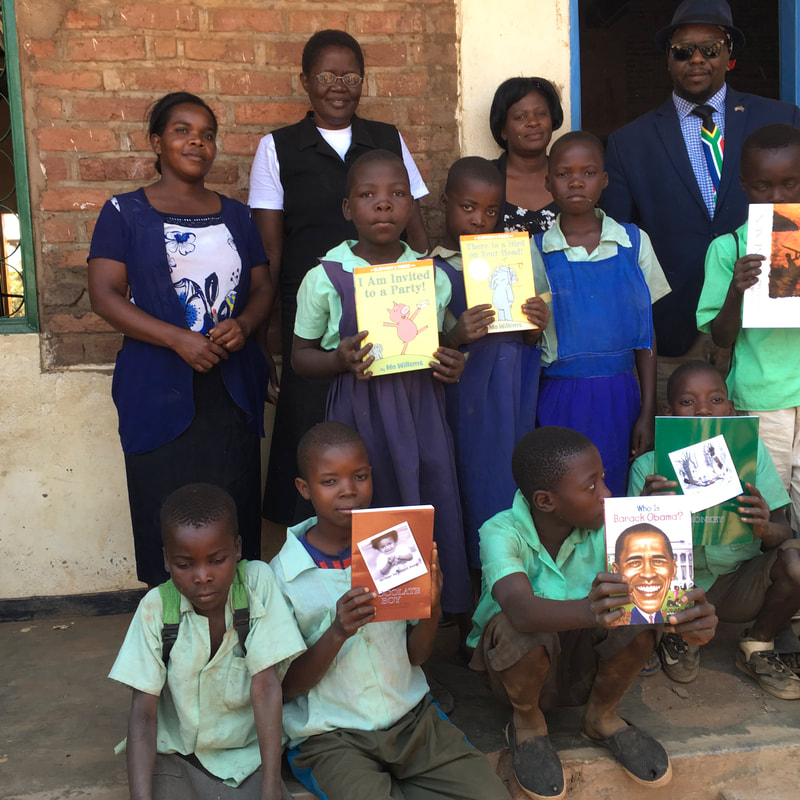
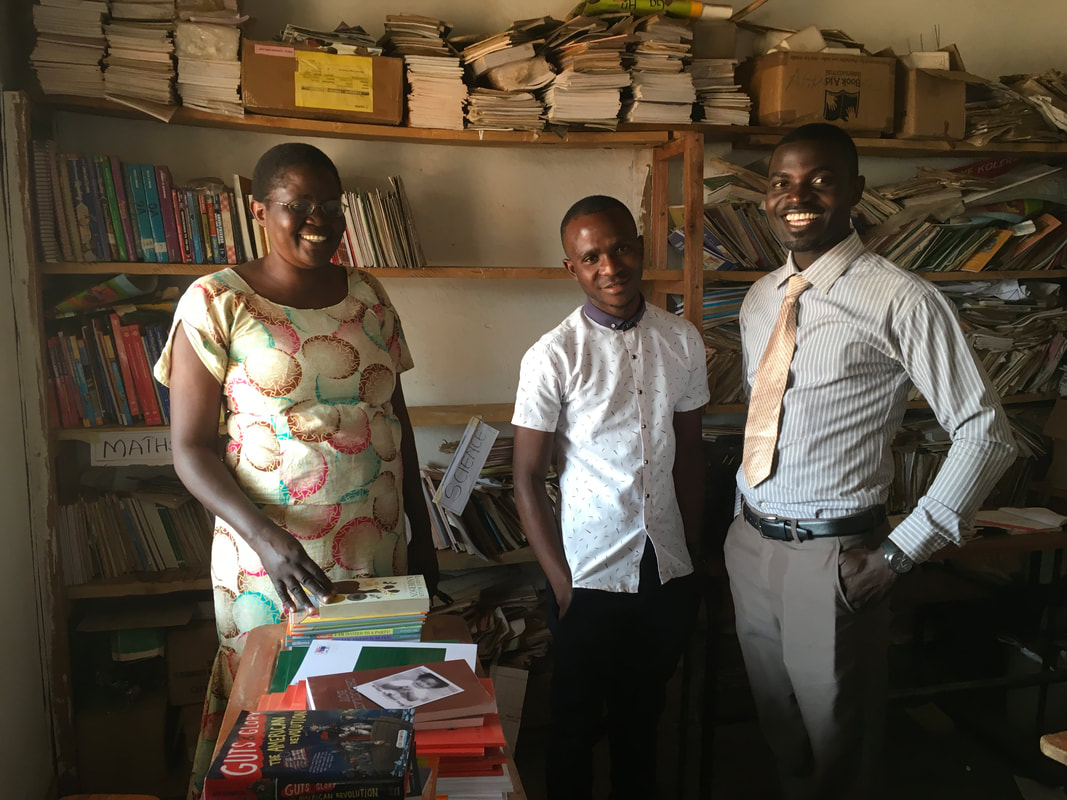
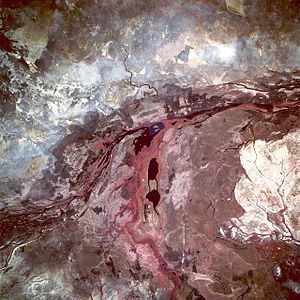
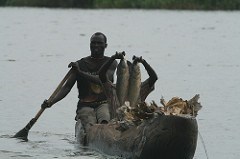
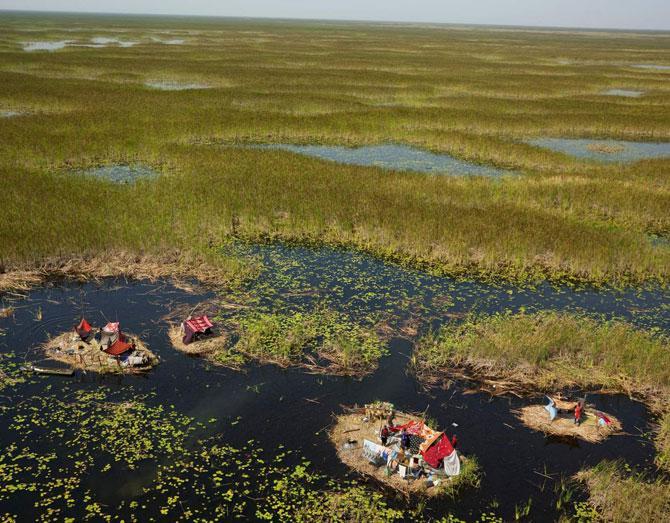
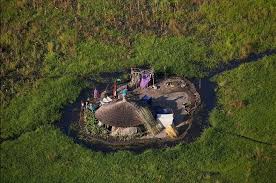
 RSS Feed
RSS Feed